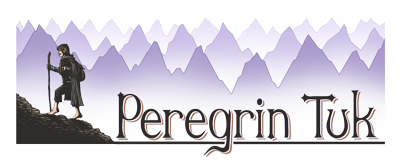What happened to the Patagonia brand?
Share
Patagonia has radically shifted its business model. Its founder, Yvon Chouinard, transferred ownership of the company to two entities focused on combating climate change. This ensures that all unreinvested profits are used to protect the planet. Meanwhile, the brand continues to operate as usual, prioritizing the quality of its products and reducing its environmental impact through programs like Worn Wear and the use of recycled materials.
Key points:
- Ownership transferred : Now owned by the Patagonia Purpose Trust and the Holdfast Collective .
- Environmental benefits : Non-reinvested profits fund climate initiatives.
- Featured programs : Worn Wear (garment repair and reuse) and use of organic cotton, recycled polyester, and certified down.
- Distributor in Spain : Peregrin Tuk offers Patagonia products that meet quality standards and environmental commitment.
Patagonia isn't just selling clothes; it's redefining how a company can prioritize the well-being of the planet.
Patagonia Case: Paradigm Shift or Market Strategy
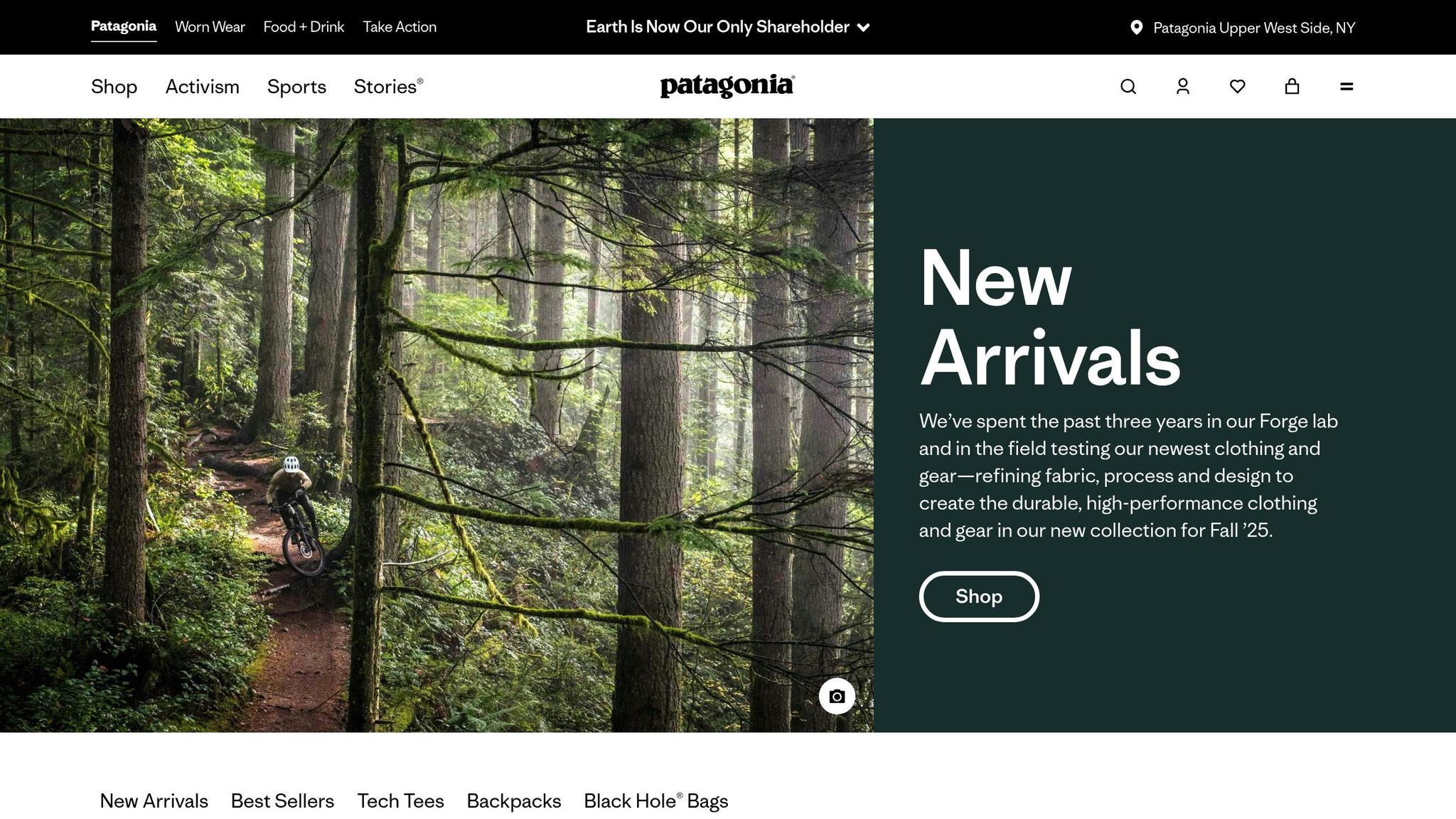
The decision to donate Patagonia: transfer of ownership for climate action
Yvon Chouinard surprised the world by transferring ownership of Patagonia to entities focused on combating climate change. With this decision, all of the company's future profits will be fully dedicated to protecting the environment, keeping the brand's original mission intact.
Rather than selling the company or taking it public, Chouinard designed a model that ensures Patagonia's resources are continually channeled toward climate initiatives. This decision reflects his conviction that traditional business models are insufficient to address the climate crisis. Here's how the Patagonia Purpose Trust and the Holdfast Collective are working to realize this vision.
How the Patagonia Purpose Trust and Holdfast Collective operate
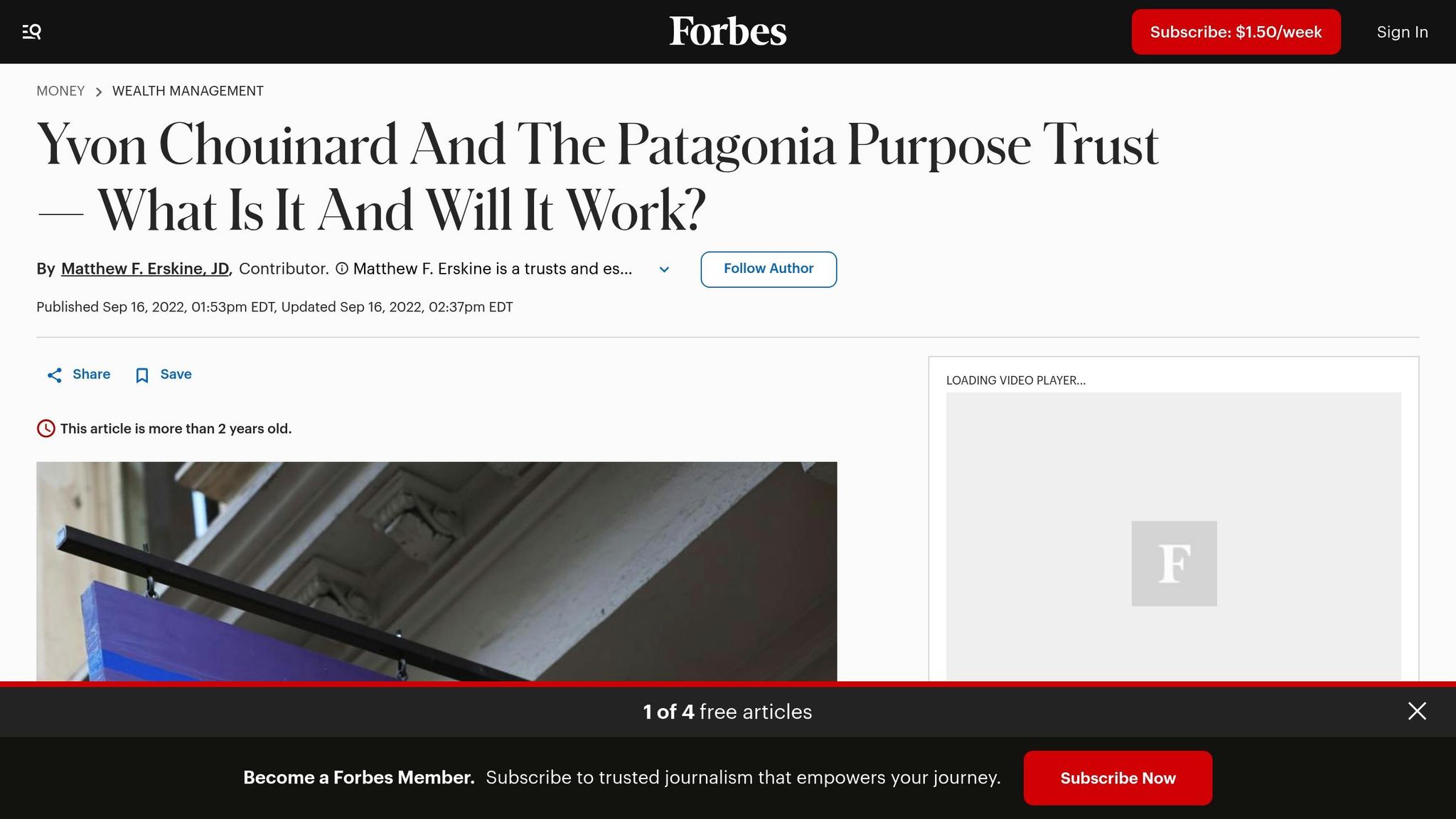
The structure created by Chouinard is based on two entities working together to maximize Patagonia's environmental impact:
- Patagonia Purpose Trust : This entity holds a portion of the voting stock and is tasked with protecting the company's core values. Its goal is to ensure that Patagonia maintains its long-term environmental commitment.
- Holdfast Collective : This non-profit organization owns the majority of Patagonia's shares. Thanks to this, annual profits not reinvested in the company are allocated directly to conservation and climate change initiatives.
This model not only ensures the protection of the brand's principles, but also reimagines how a company can operate financially to prioritize the well-being of the planet.
Impact of the donation on Patagonia's business model
Although Patagonia's daily operations remain unchanged, profits not reinvested are used exclusively to support environmental causes. This approach reinforces the alignment between the company's mission and its financial structure, effectively integrating sustainability and profitability.
Furthermore, this new structure sets an inspiring precedent, demonstrating that it is possible to combine economic success with a deep commitment to the environment and society.
Current environmental programs in Patagonia
Patagonia has designed a structure that incorporates sustainability into every corner of its operations, marking a turning point in the textile industry. The brand not only maintains its commitment to the environment but also constantly reinforces it through initiatives that combine the circular economy and the use of responsible materials. Clear examples of this approach are its Worn Wear program and its strict ethical material sourcing policy.
The Worn Wear program and the circular economy
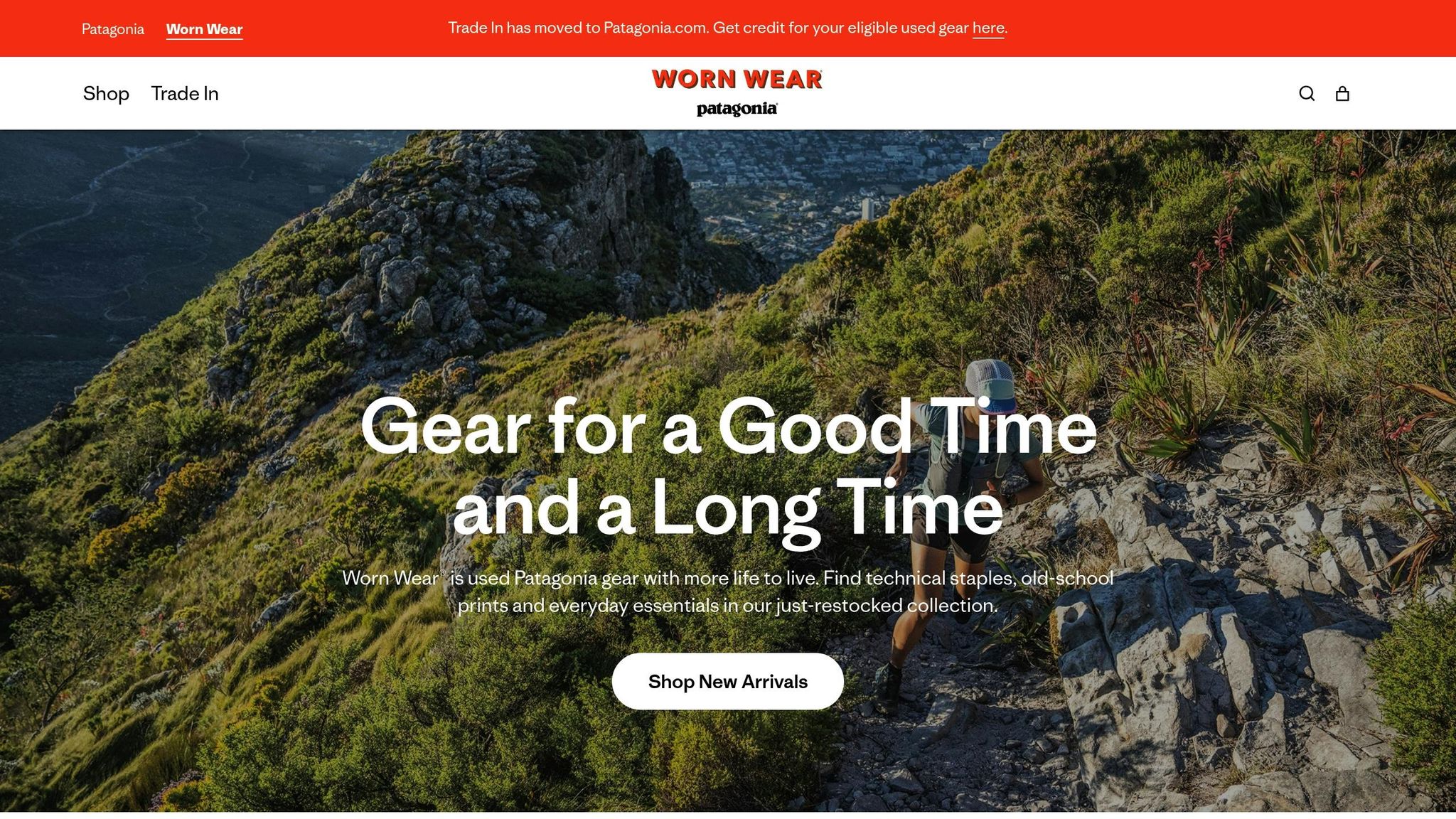
The Worn Wear program is Patagonia's strong commitment to extending the lifespan of its products and challenging traditional consumerism. This project is based on three pillars: repair, reuse, and recycling, allowing garments to have a second (or third) life.
Through Worn Wear, Patagonia offers free repairs , even for products purchased secondhand. The brand has opened specialized centers where qualified technicians repair jackets, backpacks, and other gear, preventing tons of clothing from ending up in landfills.
Additionally, this program includes a used product exchange platform, where customers can sell their Patagonia clothing or purchase others at more affordable prices. This not only reduces the environmental impact but also makes high-quality products accessible to more people.
Garments repaired through Worn Wear are designed to last for decades, reducing the need to manufacture new products and, consequently, the consumption of natural resources.
Sourcing ethical and responsible materials
Another fundamental pillar of Patagonia is its commitment to ethical materials, ensuring that each product respects environmental balance. The company uses organic cotton , which eliminates the use of pesticides and synthetic fertilizers, protecting soil biodiversity and worker health. It also focuses on recycled polyester , made from post-consumer plastic bottles, turning waste into high-performance products.
As for the down, Patagonia ensures that it comes from farms certified under the Responsible Down Standard , guaranteeing animal welfare and avoiding practices such as live plucking or force-feeding.
This approach not only reduces the brand's environmental footprint, but also fosters long-term relationships with suppliers who share its values.
Triple bottom line: people, planet, profit
Patagonia is guided by the triple bottom line, seeking to balance social, environmental, and economic impact in all its business decisions. This approach ensures that product innovation goes hand in hand with social commitment and environmental protection.
In the social sphere, the company promotes fair trade programs, guaranteeing decent wages and safe working conditions throughout its supply chain. It conducts frequent audits of its suppliers and actively collaborates to improve conditions in its partner factories.
From an environmental perspective, Patagonia has set ambitious goals, such as achieving carbon neutrality by 2025. To achieve this, it invests in renewable energy and carbon offset projects. Every decision, from design to packaging, considers its impact on the planet.
Finally, the brand reinvests in research and development, as well as renewable energy projects, demonstrating that caring for the environment is not only possible, but also economically viable. This approach creates a continuous cycle of improvement and reinforces its commitment to a more sustainable future.
sbb-itb-e581ad1
Peregrin Tuk : Official Patagonia products in Spain
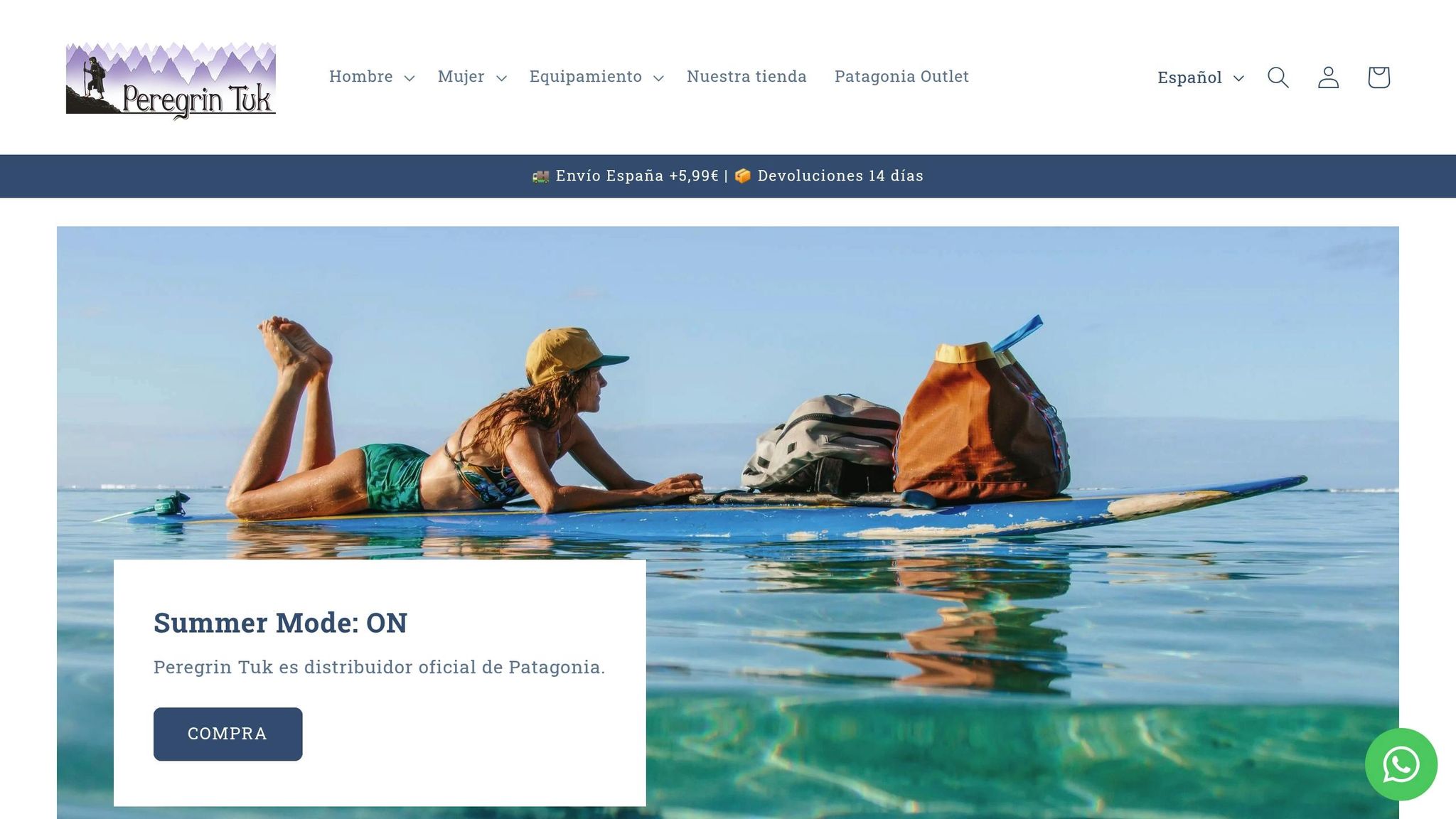
In Spain, Peregrin Tuk acts as the official distributor of Patagonia, connecting consumers with authentic products. Through its online store (peregrintuk.eu) and its physical store, it guarantees access to the wide range of Patagonia products in Spain.
More than just a point of sale, Peregrin Tuk shares and promotes Patagonia's environmental values. Every purchase reinforces the brand's commitment to sustainability, consolidating its presence in the Spanish market.
Products and environmental commitment
Peregrin Tuk offers a full line of Patagonia products, ranging from technical gear to urban apparel. Its catalog includes jackets, T-shirts, pants, backpacks, and accessories, all made with sustainable materials such as recycled nylon and polyester, organic cotton, and RWS-certified wool.
The products stand out not only for their design but also for their durability and functionality. One example is the 32L Black Hole Pack backpack, available for €170, made with water-resistant materials and designed to last for decades in extreme conditions. There's also the Ultralight Black Hole Mini Hip Pack , lightweight and durable, priced at €31.50 and rated 4.5 out of 5.
A relevant fact: 86% of the materials used in Patagonia's Fall 2025 line, measured by weight, are recycled, and 99% of the brand's products use preferred materials. This underscores the environmental commitment evident in every item offered by Peregrin Tuk.
Why choose an official distributor?
Purchasing through an official retailer like Peregrin Tuk guarantees product authenticity and eliminates the risk of purchasing counterfeits. It also ensures that Patagonia's quality and sustainability standards are met for every item.
Another key benefit is access to the Worn Wear program, which allows for free repairs to extend the life of garments. By choosing Peregrin Tuk, consumers also support Patagonia's sustainable initiatives, and thanks to supply chain transparency, they can know the origin of their products.
A shopping experience designed for the customer
Peregrin Tuk strives to offer an exceptional shopping experience, aligned with Patagonia's environmental mission. They offer fast shipping throughout Spain , eliminating geographical barriers, and their online platform ensures secure transactions.
Additionally, its 14-day return policy gives shoppers flexibility, allowing them to try products before deciding. Among the highest-rated items is the M's R1 Air Full-Zip Hoody , with a perfect 5.0 out of 5 stars, reflecting satisfaction with both Peregrin Tuk's products and service.
With affordable prices ranging from merino wool socks for €25 to technical backpacks, Peregrin Tuk makes Patagonia's sustainable, high-quality products accessible to more consumers in Spain.
Conclusion: The future of Patagonia and the role of the consumer
Patagonia's evolution marks a turning point in the business world. Yvon Chouinard's decision to divest ownership of the company to prioritize his commitment to the environment sets a revolutionary example for companies seeking to balance economic profit with environmental responsibility. This approach not only redefines how business success is measured, but also highlights the importance of active consumer engagement.
Patagonia has proven that it is possible to align sustainability and profitability. Its resources not only support initiatives against climate change, but also encourage responsible practices that inspire other companies. From the use of recycled materials to its Worn Wear program, every detail of its operations is designed to promote a circular economy and reduce its environmental impact.
The consumer's role is fundamental to this model. Purchasing through official retailers like Peregrin Tuk not only guarantees product authenticity but also directly supports the brand's sustainability mission. Every purchasing decision becomes a tool to drive positive change, supporting a business model that puts the planet first.
Patagonia's future will depend on how consumers respond to this call. Every purchasing choice has the power to strengthen this vision, shifting the market in a more responsible and sustainable direction. In this way, Patagonia not only redefines capitalism but also paves the way for a true commitment to the environment, leaving a legacy for future generations.
FAQs
What does it mean that Patagonia has donated to the planet, and how does this affect its products and consumers?
Patagonia's donation: a commitment to the planet
Patagonia's decision to donate to the planet not only marks a milestone in the fight against climate change, but also reinforces its position as a brand with a strong social and environmental commitment. This gesture has further cemented consumer trust, positioning it as a model of responsibility in the business world.
When it comes to its products, Patagonia remains true to its core values: prioritizing quality and environmentally friendly design. Most notably, the company's profits are now donated to environmental initiatives, allowing customers to contribute to positive causes while purchasing durable, well-designed products.
What is the role of the Patagonia Purpose Trust and the Holdfast Collective in the brand's ecological mission?
The Patagonia Purpose Trust and the Holdfast Collective play a key role in Patagonia's environmental commitment. The Purpose Trust ensures the brand remains focused on its mission to protect the planet. Meanwhile, the Holdfast Collective, which owns 98% of the non-voting shares, allocates all profits to supporting environmental projects, protecting biodiversity, and addressing the climate crisis.
Both organizations collaborate to ensure that Patagonia's profits are used exclusively for environmental conservation initiatives, thus reaffirming their goal of actively contributing to protecting the planet.
How can consumers support Patagonia's environmental commitment by purchasing its products?
Consumers have the opportunity to support Patagonia's environmental efforts by choosing products made with environmentally friendly materials and responsible processes. Additionally, the brand donates 1% of its sales to environmental organizations , helping to fund key environmental projects. You can also get involved by participating in local initiatives and ecological causes through its community action program. Each purchase is not only a product, but also a step toward protecting the planet.
